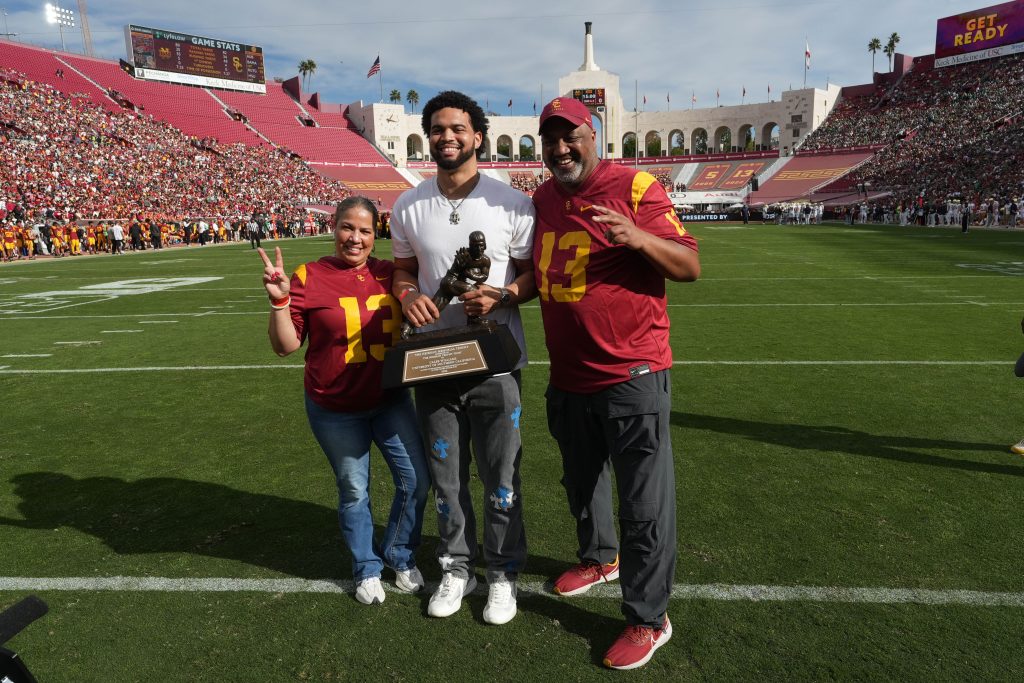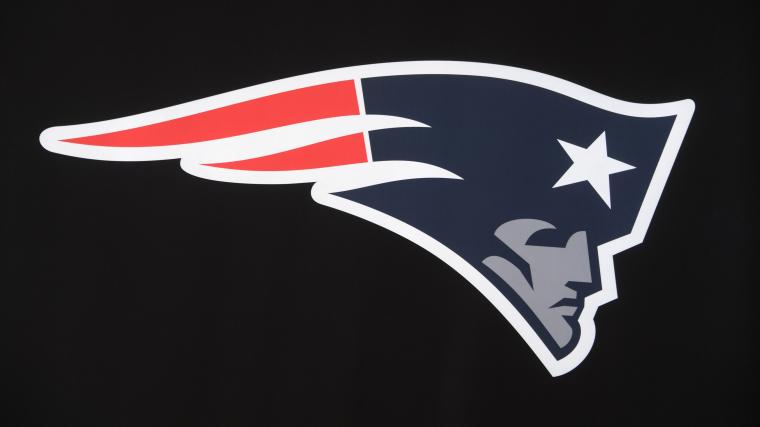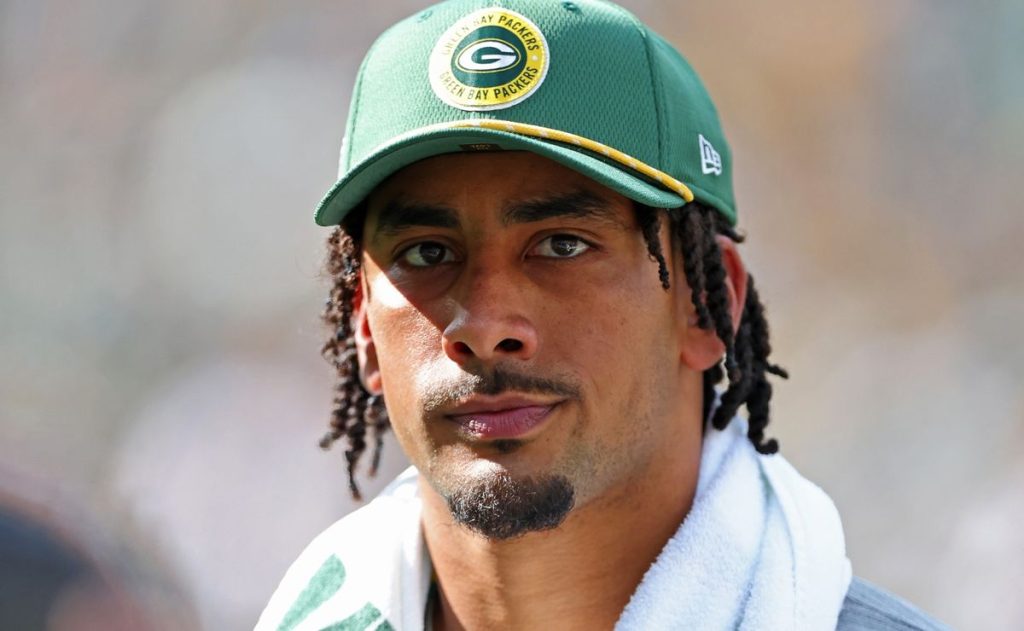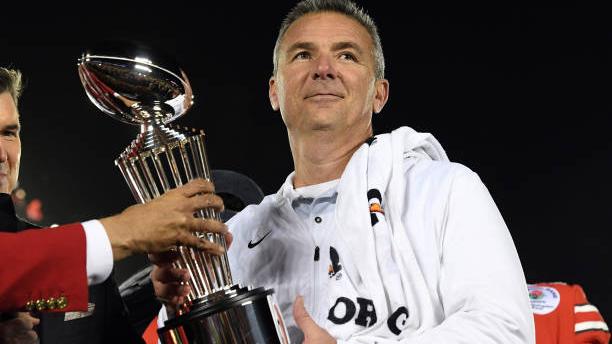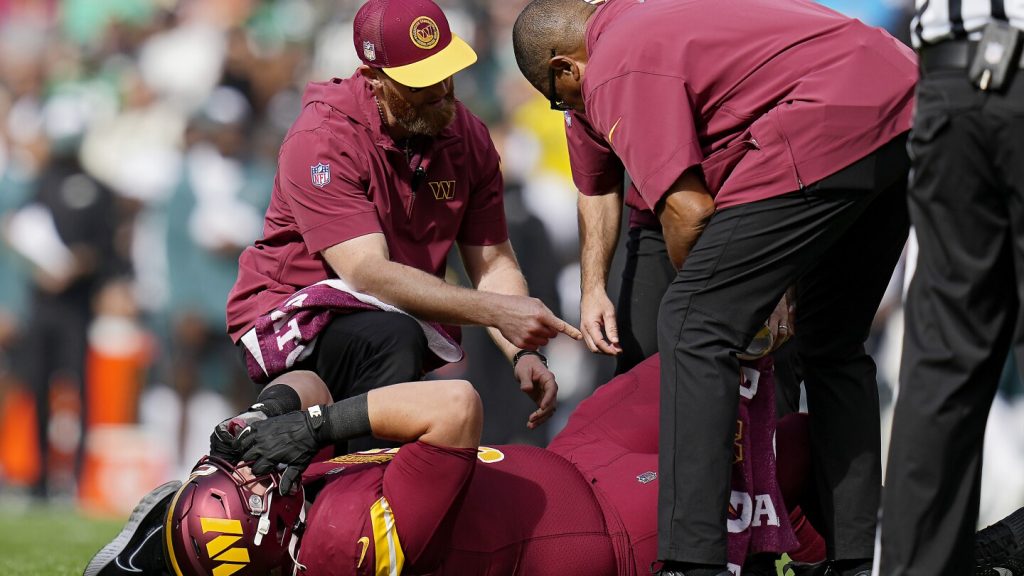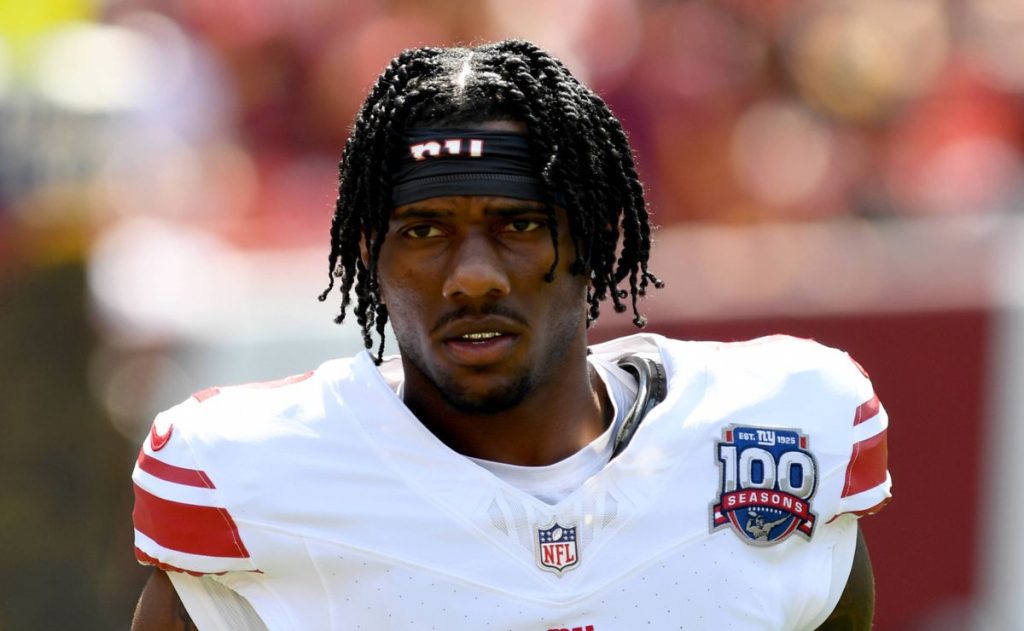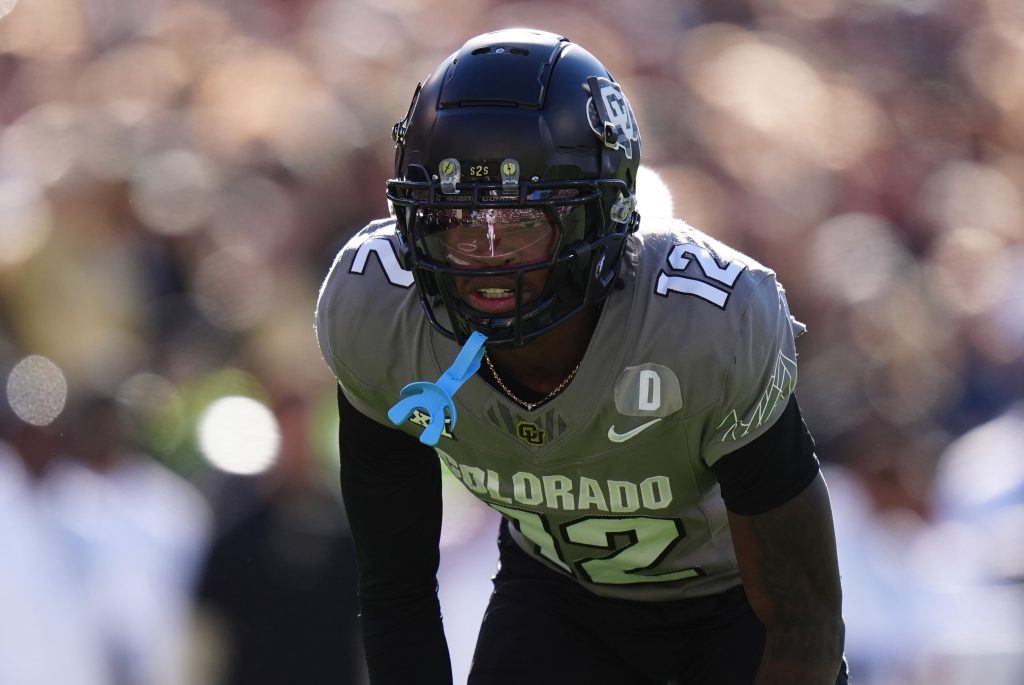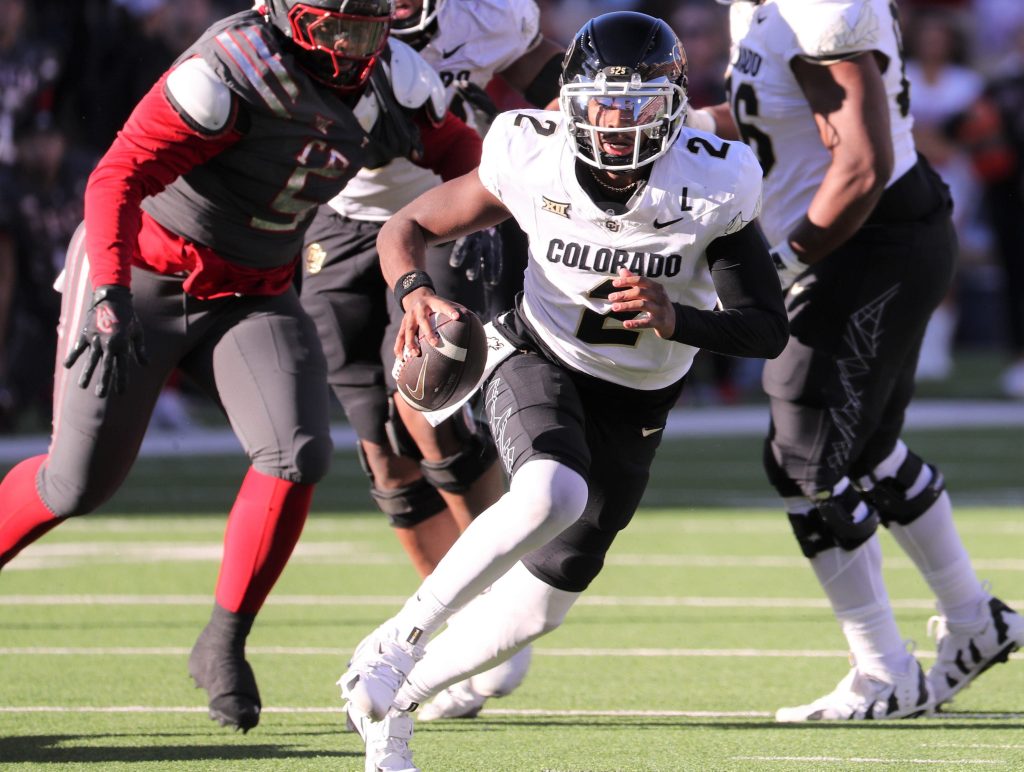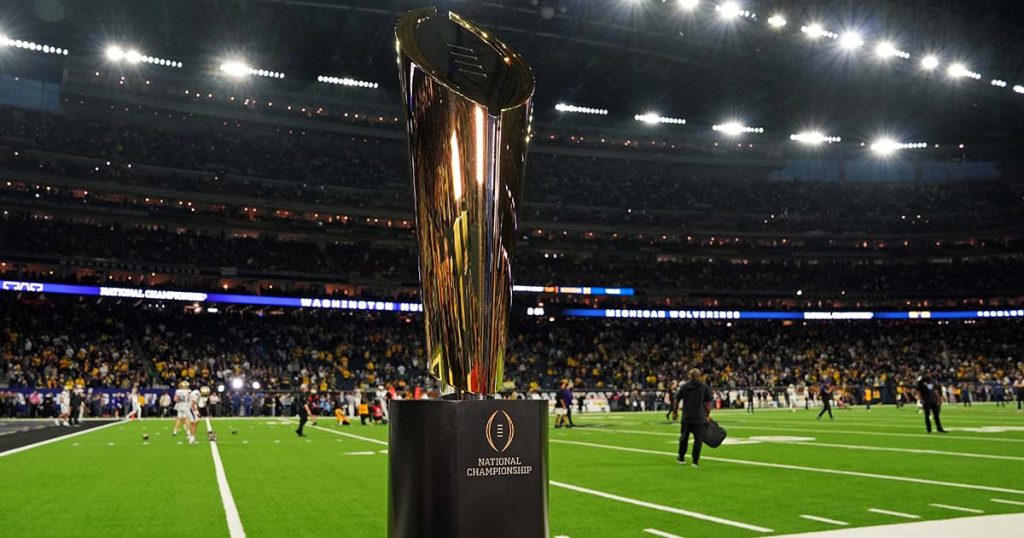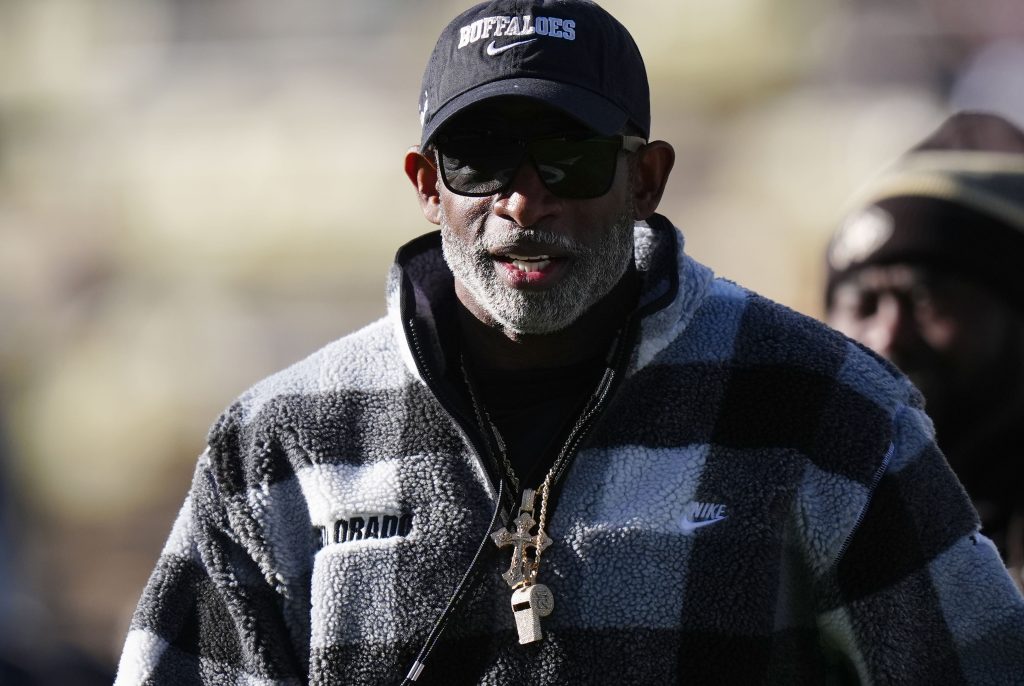Prior to last year’s NFL Draft, where he was selected No. 1 overall, Caleb Williams was hailed as one of the most talented and promising quarterback prospects to enter the league in some time. He had already made a name for himself during his freshman year at Oklahoma and continued to impress over two seasons at USC. But his recent comments about his college allegiances have stirred up quite a conversation among fans.
Caleb Williams’ College Identity
On a recent episode of the St. Brown Podcast, Williams revealed his feelings about his college career, stating, “I claim USC. I don’t fully claim Oklahoma.” He elaborated that his time at USC, where he played under head coach Lincoln Riley, allowed him to forge deeper connections and relationships. “I got more connections, more people, more relationships,” he explained, emphasizing the significance of his experiences in Los Angeles.
While his reasoning may seem logical to some, it has certainly ruffled a few feathers among Oklahoma fans. Many took to social media to express their opinions, with some dismissing his claims and others poking fun at his fashion choices. One fan quipped, “Trust me we don’t claim him either,” while another added, “That’s fine he only won one big game at OU.”
The Impact of His Comments
Williams’ comments have sparked a wave of reactions, reflecting the passionate nature of college football fandom. Some fans expressed disappointment, suggesting that he missed out on a chance to have a statue erected in his honor at Oklahoma’s Heisman Park. “OU was going to build u a statue in Heisman park, but not now,” one user lamented.
The backlash highlights the strong emotional ties that fans have to their teams and the players who represent them. For many, Williams’ success at USC overshadowed his achievements at Oklahoma, leading to a sense of betrayal among those who supported him during his time in Norman.
Caleb Williams’ Stellar College Career
So, what makes Caleb Williams such a remarkable player? As a freshman at Oklahoma, he burst onto the scene with impressive stats: 1,912 passing yards, 21 passing touchdowns, and 449 rushing yards on just 79 attempts. His dual-threat capability made him a nightmare for opposing defenses and showcased his potential as a future star.
During his first season with the Trojans, after transferring to USC, Williams truly shone. He threw for an astounding 4,075 yards and 37 touchdowns, tying for the most in the country. His performance earned him the prestigious Heisman Trophy, joining the ranks of legendary USC players like Reggie Bush and Matt Leinart. Williams’ ability to improvise and make plays under pressure solidified his status as one of the best players in college football.
Fan Reactions: A Mixed Bag
The reaction from fans has been a mixed bag, with some expressing support for Williams while others feel betrayed. Comments ranged from playful jabs to outright disdain. One fan humorously noted, “USC had him sobbing after every game,” while another lamented, “We don’t claim him.” Such sentiments illustrate the deep-rooted loyalty fans have for their teams and the players who once donned their colors.
Moreover, some fans have taken a more critical stance, suggesting that Williams’ comments could haunt him in the long run. “We don’t claim his crybaby ass either! So keep hoping Lincoln will come rock you to sleep in Chicago or you will be the next BUST,” one user declared, showcasing the fierce loyalty that characterizes college football fandom.
The Bigger Picture: College Football Identity
Williams’ situation raises important questions about player identity in college football. As athletes transition from one program to another, how do they navigate their allegiances? Is it possible for a player to fully embrace their new school while still acknowledging their past? These questions are particularly relevant in today’s landscape, where transfers have become increasingly common.
Ultimately, Caleb Williams’ journey reflects the complexities of college football. His accomplishments at both Oklahoma and USC are undeniable, yet his comments have sparked a debate about loyalty and identity in a sport that thrives on tradition and passion. As he continues his career in the NFL, it will be interesting to see how his college experiences shape his professional identity and whether he can bridge the gap between his two college homes.
In the end, Caleb Williams is a testament to the evolving nature of college football, where players must navigate their paths while balancing personal growth and fan expectations. His journey is far from over, and as fans continue to voice their opinions, one thing remains clear: college football is as much about the players as it is about the passionate communities that support them.

